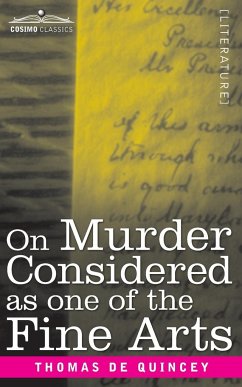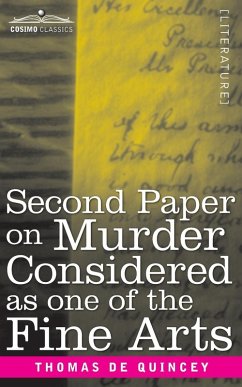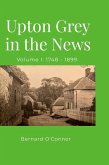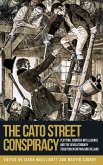"People begin to see that something more goes to the composition of a fine murder than two blockheads to kill and be killed-a knife-a purse-and a dark lane..." -Thomas De Quincy In On Murder Considered as one of the Fine Arts (1827), Thomas De Quincy used a series of murders, allegedly committed in London in 1811 by John Williams, as the centerpiece of a satirical essay that whimsically discusses the aesthetics of murder. In this commentary, De Quincy uses black humor to make a tongue-in-cheek statement about the impact of crime. His writing had a remarkable impact on crime, terror, and detective fiction and was praised by critics like G. K. Chesterton and George Orwell.
Hinweis: Dieser Artikel kann nur an eine deutsche Lieferadresse ausgeliefert werden.
Hinweis: Dieser Artikel kann nur an eine deutsche Lieferadresse ausgeliefert werden.








